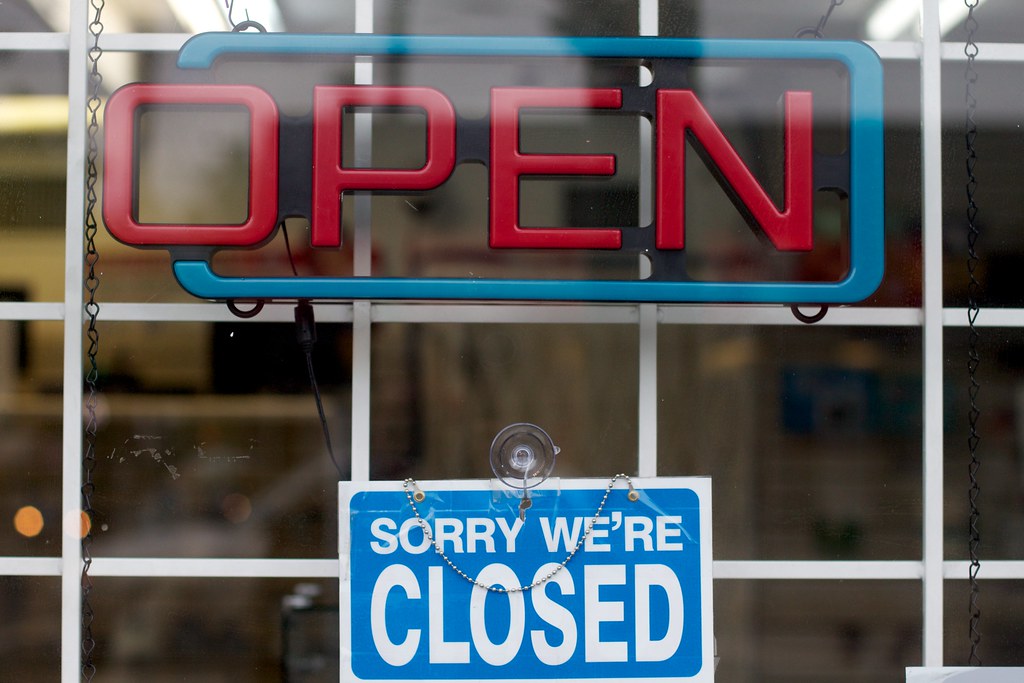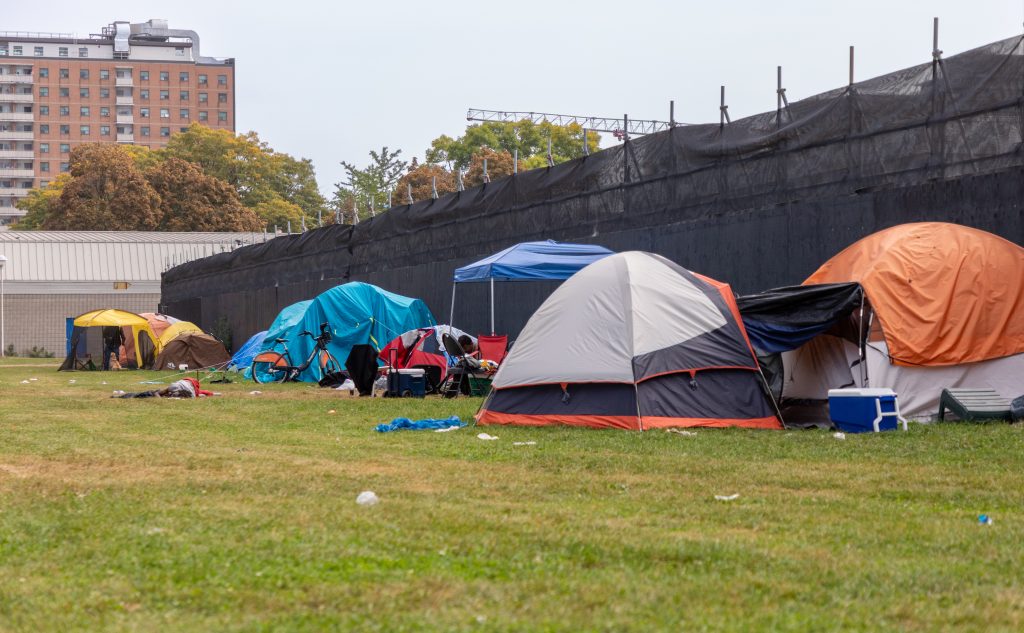MLSE report finds several barriers preventing Ontario youth from getting involved in sports
Posted January 17, 2024 5:35 pm.
Last Updated January 17, 2024 8:07 pm.
A startling new report from Maple Leaf Sports & Entertainment (MLSE) has found there has been an alarming drop in Ontario youth looking to play sports in the last year.
The MLSE’s new Change The Game report in partnership with the University of Toronto found there were several barriers preventing youth from playing sports and has caused some to suffer from social isolation.
“We did see a decrease in youth sports overall, unfortunately, from 2022 to 2023,” said Marika Warner, Director of Research & Evaluation with the MLSE Foundation.
But she added there was a significant increase in participation among girls for all of MLSE’s four core sports: hockey, basketball, soccer and football.
“[It’s] a really encouraging trend that we’re looking to capitalize on, but at the same time we saw some really strong declines, mostly among boys that drove some of those overall decreases,” said Warner.
More than 10,000 youth, aged six to 29 and their parents were interviewed for the report. They found that the communities that are experiencing the greatest barriers right now across Ontario, include newcomer families, low-income households, Black youth, Indigenous youth, Middle Eastern youth, Southeast Asian youth, and non-binary youth.
Many youth surveyed believe change is needed in sports, including creating spaces to learn and play in a non-competitive environment.
For competitive athletes, 49 per cent said that sports need to be made more affordable while 39 per cent of those surveyed wanted more spaces where they could feel physically and psychologically safe to be themselves. These are issues some hope will change in the future.
Researchers tell CityNews it’s one of the largest youth sports studies of its kind and needs to be taken seriously by all levels of government.
“We need investment in sports that goes beyond just trying to produce elite athletes. We need sports that have a policy within them that goes towards having a fundamental and inclusion aspect,” said Dr. Simon Darnell, the Director of the University of Toronto’s Centre for Sport Policy Studies. “It hasn’t always been the case. We just assumed that inclusion will follow if sports are strong, but we need to organize sports that have inclusion as its mandate.”
Dr. Darnell also said it’s important to take the feedback that has been given by youth through this report and put it into practice.
MLSE wants to be a part of that change.
“We need to create still more safe, accessible, use sports spaces to continue to encourage that play,” said Warner.
“The information that they’ve given us [is] creating programs that are beginner, friendly, entry-level leagues that are built around fun and socializing opportunities to try a sport without having to necessarily commit to several weeks at a time,” she added.
Immaculate Adarkwa, an athlete and youth mentor, said this report was pretty devastating because as an athlete he has seen those barriers.
“The culture of a team is very important to an athlete not just on the court but off the court. It can have an effect on your grades but also your personal life as well.”








